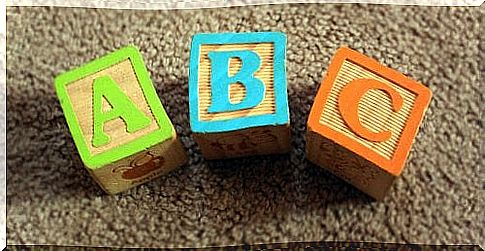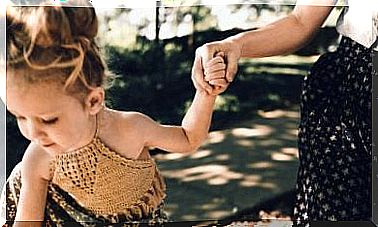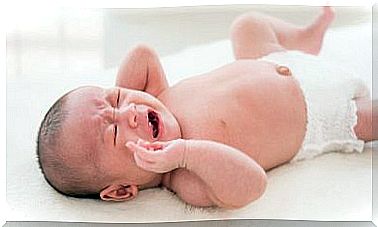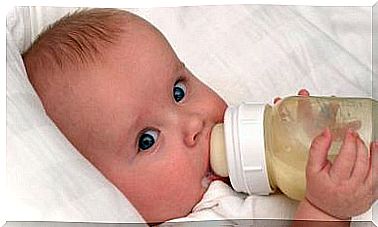What Influences Language Development?

Judith Johnston, PhD from the University of British Columbia (Canada) has published research entitled “Factors Affecting Language Development”. In this publication, the researcher confirms that learning to speak is one of the most important achievements of early childhood.
Johnston points out that language development reflects the interaction of factors from at least five domains: they are social, perceptual, cognitive, conceptual and linguistic processes.
In addition to their research, a large number of studies claim that language learning and development are influenced by many aspects of human experience and capacity.
The Spanish Association of Pediatrics guarantees that there are four factors that decisively influence language development:
- Heredity – genetics
- The family – direct environment
- The social environment – external factors
- education
Aspects that mark language development
Children learn to speak progressively. However, there are ages at which they manage to reach certain milestones, for example:
- When you’re just a baby, it’s natural for your child to be startled by noises and try to figure out where they’re coming from. This is because of auditory stimulation, which means that the ear plays a fundamental role in language development. A baby under 9 months already babbles and has probably learned to say “pa-pa”, “ma-ma” and to join other sounds. These babbles increase between 12 and 15 months of age, when the baby has already acquired the ability to imitate some sounds and words. At this age he is also able to understand simple orders.

- From 18 to 24 months, the baby has a vocabulary ranging from 20 to 50 words.
Pediatric experts say that a child aged 2 to 3 years can already say sentences of three to five words. What he says is also very understandable. At the age of two, he begins to combine words and is able to point out parts of his body and other habitual objects. He’s also already able to follow two-step instructions, such as: “Take the toy and give it to Mom”
From this moment on, the baby already understands what it is like to be on top or under the table, for example. He also understands some verbs and we can understand most of his speech.
When to worry?
Each child develops at their own pace, however, there are certain parameters you should pay attention to. Seek a specialist if your child under 1 year of age does not respond to sounds and does not vocalize. Take this procedure too, if at 12 months your child does not point or does not make gestures such as “bye”.
Another aspect to pay attention to is whether at 18 months he prefers to use gestures instead of talking. It can be worrying if the baby doesn’t imitate sounds. Also be aware if at 2 years of age he is not yet able to say words or phrases, or if he does not repeat sounds or use language to communicate.
The Spanish Association of Pediatrics (Aeped) recommends that you take your child to a specialist if he cannot understand simple directions, has a strange voice, or is more difficult to understand than other children his age.
A timely problem can save future complications.
How to promote language development
The environment in which your child grows up is a determining factor in language development. That’s why, from the moment he is born, he must be positively stimulated so that he learns to express himself correctly and in a fluid way.
It is essential to take the time to communicate with the child. From a very young age, you can read stories, sing songs and play games so that she can acquire the tools of language. It is also important to use correct language, good word articulation, and good vocabulary usage.
Talking to your child in a simple, direct and slow way is another tool that helps them develop language. This tactic is very useful as this way he can imitate what he hears.







